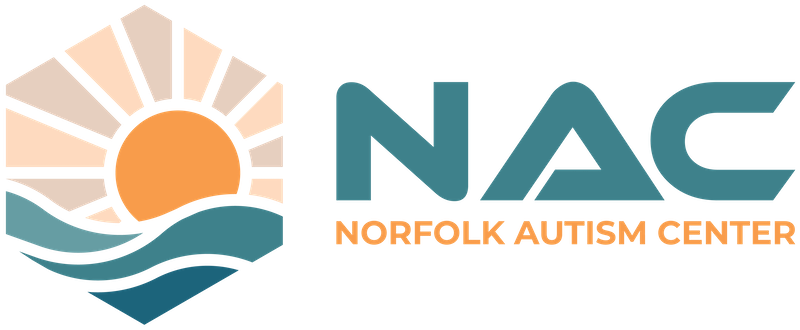What is Autism Spectrum Disorder?
Autism Spectrum Disorder (ASD) is a condition characterized by developmental and neurological challenges that create difficulties navigating social interactions and communication, and often manifests itself in repetitive behaviors. Children with ASD have the ability to learn, communicate and engage socially, but may do so a little differently than others.
The breadth of the autism spectrum is wide but it’s important to understand the clinical definition because proper diagnosis gives parents access to necessary services and resources for their child.
How prevalent is Autism among children?
According to the Center for Disease Control, 1 in 36 children in the U.S. are diagnosed with autism. Boys are 4 times more likely than girls to be diagnosed.
What are the main signs of ASD?
The main categories of symptoms include social communication and interaction difficulties, restricted or repetitive behaviors and interests, and development delays.
Common social and communication difficulties include:
• Avoiding eye contact
• Not responding to his or her name
• Limited facial expressions by age 9 months
• Avoiding physical touch
• Showing obsessive interest in a specific topic or object
Common Repetitive Behaviors include:
• Repeating words or phrases over and over
• Getting upset by minor changes in routine
• Having unusual reaction to how things sound, smell, taste, look or feel
• Being hyper focused on one part of an object, like the wheels on a truck
Developmental delays may include:
• Delayed speech and communication skills
• Delayed movement
• Frequency tantrums or meltdowns
• Expressing little to no emotion
What causes Autism?
The science and medical communities generally agree that autism is the result of a difference in brain structure and function. Genetics can play a significant role. Individuals with a family history of ASD are at a higher risk of being diagnosed themselves, indicating a hereditary component. However, it’s essential to recognize that environmental factors also play a role.
How is ASD diagnosed?
Diagnosis typically involves comprehensive assessment of behavior, development, and medical history by healthcare professionals specializing in autism. It’s important to note that ASD diagnosis is not a one-size-fits-all process and may vary depending on individual circumstances. Early identification and intervention are key in supporting individuals with ASD and their families.
How is Autism treated?
Autism spectrum disorder (ASD) is typically managed through a combination of behavioral interventions, educational support, and, in some cases, medication. Treatment plans are tailored to meet the individual needs of each person with ASD.
What is ABA Therapy?
Applied Behavior Analysis (ABA) therapy is a structured and evidence-based approach used to improve socially significant behaviors in individuals with autism spectrum disorder (ASD) and other developmental disorders. ABA therapy focuses on understanding how behavior works in real-life situations and applying techniques to bring about positive changes.
How important is positive reinforcement in ABA therapies?
Positive reinforcement is fundamental to Applied Behavior Analysis (ABA) therapy and is considered one of its core principles. At Norfolk Autism Center, we know that positive reinforcement increases motivation and encourages children to engage in learning activities. It’s an effective tool for modifying behavior as it decreases challenging behaviors by reinforcing alternative, more appropriate behaviors. Additionally, experiencing success through positive reinforcement builds your child’s self-esteem and confidence.
What does a BCBA do?
The Board Certified Behavior Analyst (BCBA’s) at Norfolk Autism Center are highly trained professionals who specialize in the principles and techniques of Applied Behavior Analysis (ABA). They first assess your child using standardized assessment tools, interviews and direct observations to gather data.
Then they create an individualized treatment plan tailored to your child’s specific needs. They set behavioral objectives, intervention strategies, and methods of data collection and progress monitoring. Our BCBA’s collaborate with families, educators and other professionals to provide guidance on behavioral interventions and strategies. They offer support for the whole family and come to your home for one hour a week to ensure strategies used at the center are mimicked in the home for more consistent results with your child.
Does insurance cover the cost of ABA treatment?
Most insurance providers cover ABA therapy. Please contact your insurance company for more information, as your insurance plan will dictate what coverage you have. Tremendous strides have brought awareness and development progress to ABA therapy. Because of this all 50 states now mandate coverage for ABA.
